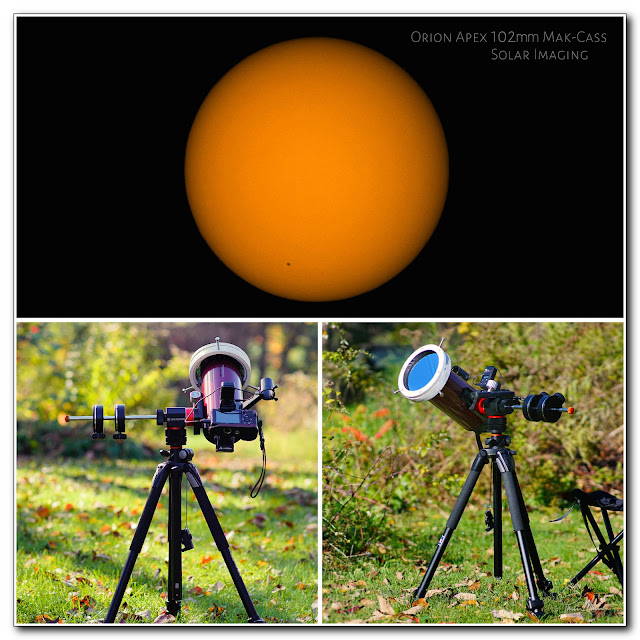Collimation Frustrations

I really hate having to collimate any telescope which is just one reason why I prefer refractor telescopes. I have a few refractor telescopes at different focal lengths, however, I do have one Maksutov-Cassegrain telescope that does require occasional collimation. It doesn't require collimation nearly as often as a typical Newtonian reflector telescope but it does require it occasionally. I have the tools and the skills to collimate any telescope but having to align mirrors just to view the sky simply grates on my nerves. I feel like it is a waste of precious time. I have other telescopes that are ready to go at a moment's notice but I have one telescope that requires time and effort to simply view the sky... so, I find that having to spend time and effort collimating this scope is frustrating. It is much easier and satisfying to just grab one of my refractor telescopes to view the sky without any other pre-requisites. Collimation ...


